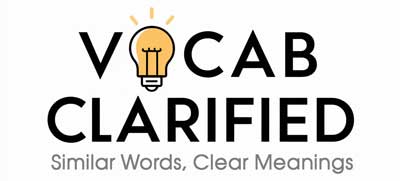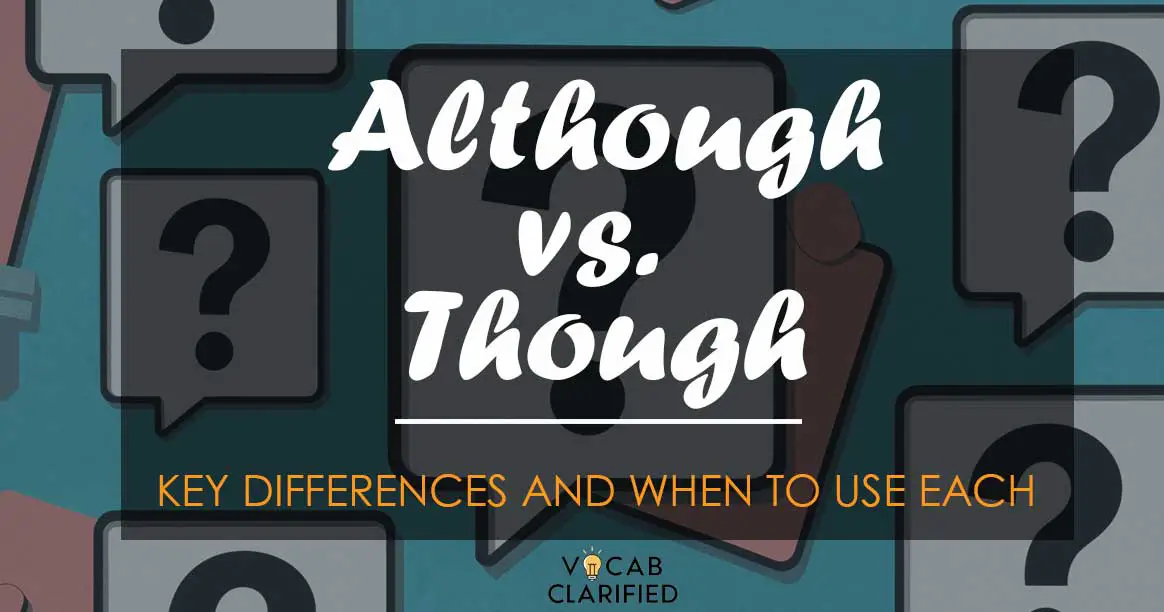The confusion between “although” and “though” is common, especially since both words can often be used interchangeably. However, understanding their subtle differences can enhance your writing and communication.
Let’s see the distinctions between these two words and clarify when to use each one effectively.
Understanding Although And Though
Although: Definition and Usage
“Although” is typically used to introduce a subordinate clause that presents a contrast to the main clause. It means “in spite of the fact that” or “even though.” “Although” is considered more formal and is often found at the beginning of a sentence to indicate a contradiction.
For example:
- Although it was raining, we went for a walk.
- Although she was tired, she stayed up late to finish her project.
Though: Definition and Usage
Contrastingly, “though” is more versatile and can be used similarly to “although” but is often less formal. It can appear at the beginning, middle, or end of a sentence. Additionally, “though” can be used as an adverb to add a contrasting idea after a statement.
For instance:
- Though it was raining, we went for a walk.
- She was tired; she stayed up late, though.
Side-by-Side Comparison
| Aspect | Although | Though |
| Definition | Used to introduce a contrasting clause | Used to introduce a contrast; also an adverb for contrast |
| Common Usage | Although it was late, he kept working. | He kept working; it was late, though. |
| Key Differences | More formal, typically introduces a clause | More flexible, can be used as an adverb |
When deciding between “although” and “though,” consider the level of formality and the position in the sentence.
If you need a more formal tone or are introducing a subordinate clause, “although” is often the better choice.
On the other hand, “though” offers more flexibility and can be more casual or conversational.
Everyday Usage Examples
To further illustrate how “although” and “though” fit into everyday language, here are some examples:
- Although he was hungry, he skipped dinner.
- Though he was hungry, he skipped dinner.
- She wore a coat, although it wasn’t that cold.
- It wasn’t that cold; she wore a coat, though.
- Although they disagreed, they remained friends.
- They remained friends, though they disagreed.
Conclusion
In summary, while “although” and “though” can often be used interchangeably, they differ in formality and flexibility.
“Although” is more formal and typically used at the beginning of a sentence to introduce a contrasting idea. “Though,” on the other hand, is versatile and can be placed in various positions within a sentence.
By understanding these nuances, you can choose the word that best fits the tone and structure of your writing.

